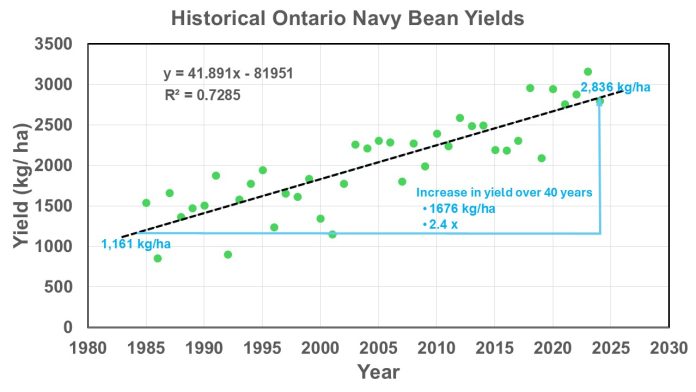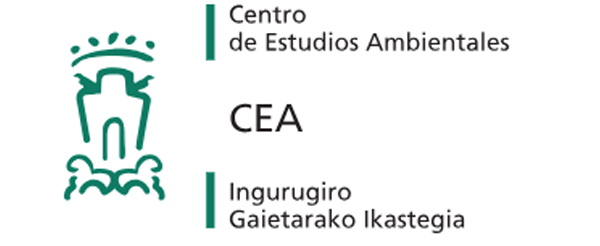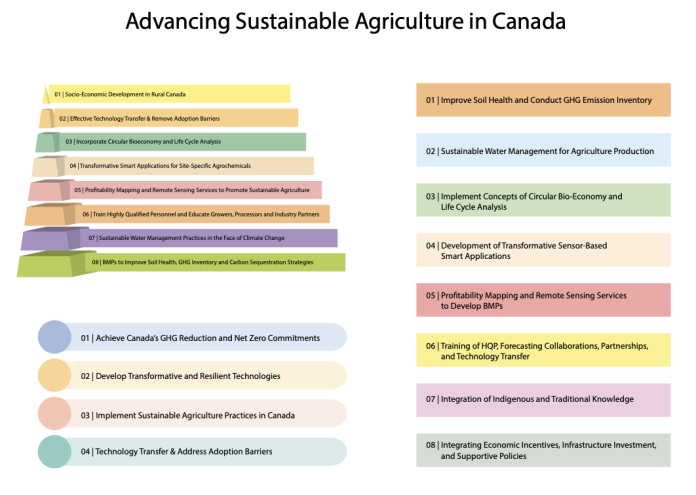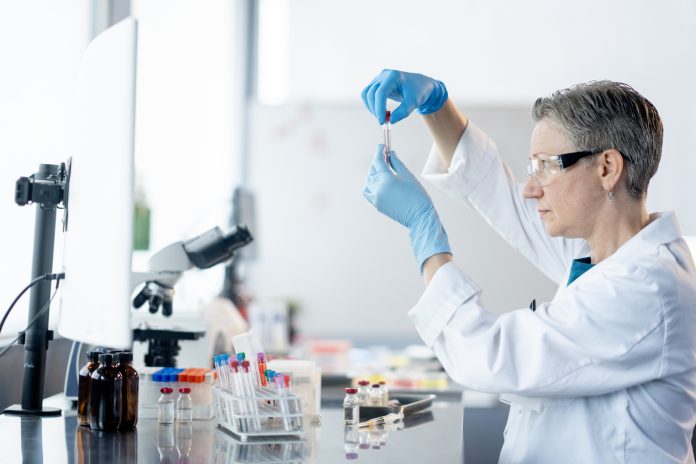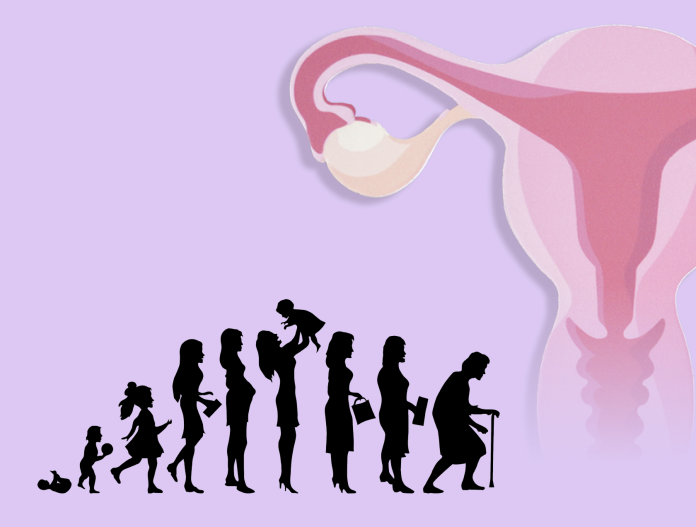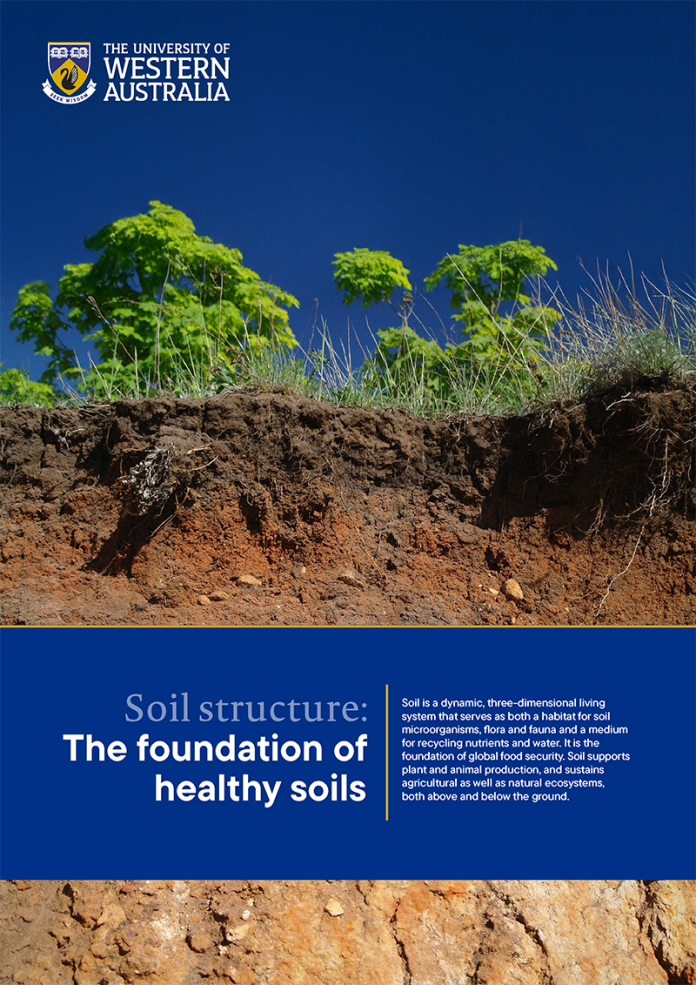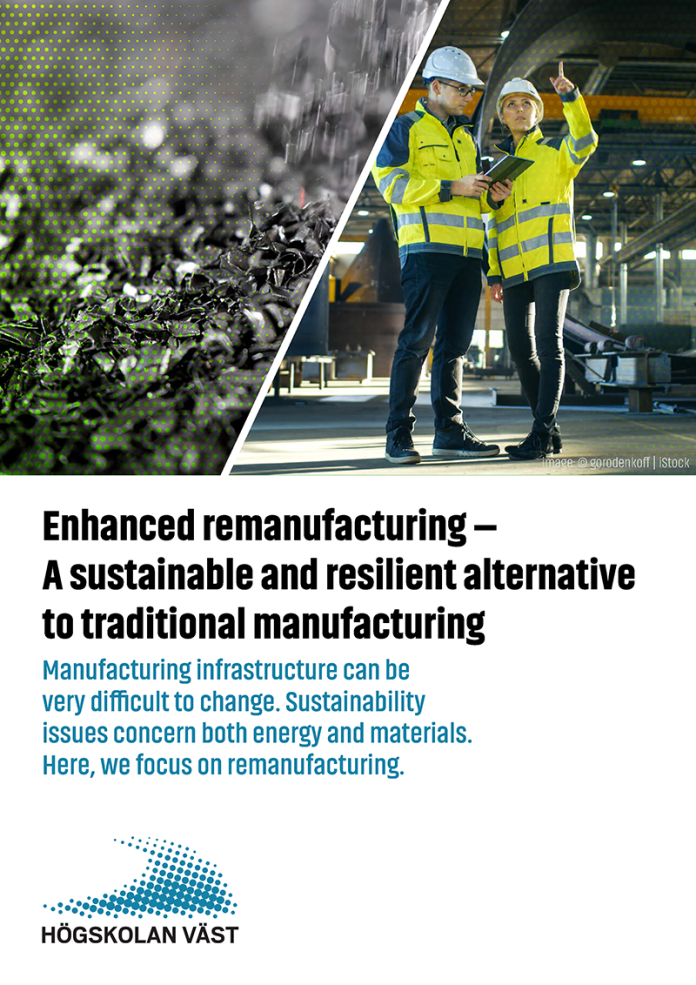Open Access Government produces compelling and informative news, publications, eBooks, and academic research articles for the public and private sector looking at health, diseases & conditions, workplace, research & innovation, digital transformation, government policy, environment, agriculture, energy, transport and more.
Home Search
knowledge - search results
If you're not happy with the results, please do another search
Bean breeding at the University of Guelph: Past and present
Examine bean breeding at the University of Guelph, both past and present, conducted by its Department of Plant Agriculture.
The Environmental Studies Centre (CEA)
The Environmental Studies Centre (CEA) is an autonomous body dependent on the Vitoria-Gasteiz City Council, created at the end of the 20th century.
Advancing precision agriculture for sustainable farming in Canada
Canada aims for a more sustainable and environmentally responsible agricultural sector, with precision agriculture playing a crucial role, according to Professor Aitazaz A. Farooque and Professor Qamar U. Zaman.
Europe’s top researchers awarded €721 million by ERC
The European Research Council (ERC) has announced the results of its latest Advanced Grant competition, awarding €721 to 281 researchers across Europe.
£107m boost for Cardiff spin-out pioneering neuropsychiatric drugs
Cardiff University spin-out Draig Therapeutics has been awarded £107m ($140m) to advance the development of novel therapies for major neuropsychiatric disorders.
Refugee integration – Thoughts about what NOT to say and do
In the article, Philipp C. Wichardt highlights the importance of empathy in addressing anxiety about refugee movements. He argues that dismissing these fears is unhelpful; instead, acknowledging and validating them fosters connection and openness, ultimately reducing tensions and promoting integration.
The bridge revolution: Mind sports reshape Scotland’s educational landscape
Mind sports education is gaining momentum in schools. Researchers at the University of Stirling are investigating the ways that strategic games like bridge can enhance skills development and academic engagement.
Berry industry in Alberta: Exploring the processing system
Aleksandra Tymczak studies the berry industry, an expanding industry in Alberta’s agricultural system. Here, she discusses the current capacity for processing berries as well as the challenges and emerging opportunities to develop the berry processing system.
Ovaries – The true beginning of a woman’s reproductive lifespan and healthspan
The ovaries play a significant role in a female’s overall reproductive health, which can affect susceptibility to age-related conditions. Dr. Paula Benny and Adjunct Assistant Professor Zhongwei Huang from the NUS Bia-Echo Asia Centre for Reproductive Longevity and Equality discuss the factors influencing reproductive lifespan and healthspan.
Unleashing the potential of biology in mining and enhanced rock weathering by bridging the...
Martin Van Den Berghe, CEO of Cytochrome, along with Jayme Feyhl-Buska and Paul Reginato of Homeworld Collective, explore the potential of biology in mining and enhanced rock weathering by bridging the gap between academia and industry.
Mathematical literacy and ICT integration research in particular real-world problem-solving in education
Professor Goto Joji, an expert in mathematics education, emphasizes the need for university-level mathematics education to develop essential skills in probability, statistics, and functional reasoning, highlighting its relevance to real-world problem-solving and everyday life.
Beyond the SIM. Why IoT connectivity demands private network solutions
Whether it's wearable health monitors, environmental sensors, or fleet management systems, IoT devices have become essential tools across public sector services. Yet with these devices reliant on a stable network connection to deliver critical data, what happens when a signal drops?
SoilTribes: Glocal ecosystems restoring soil values, roles and connectivity
This analysis explores how creativity, knowledge-sharing, and the empowerment of local communities can transform our understanding of soil value and protection, focusing on global and local ecosystems that restore soil’s values, roles, and connectivity.
Menstruation – The female research advantage
While funding organizations are increasingly mandating equal representation of sexes and genders in research, hormonal fluctuations are still often viewed as complicating factors. Professor Belinda Pletzer argues for a shift in perspective, suggesting that the menstrual cycle should not be seen solely as a complicating factor, but as one of many variables influencing research.
AMR: Fixing the broken pipeline for new antibiotics
Melissa Gong Mitchell, the Secretariat Lead at the AMR Industry Alliance, discusses the challenges hindering the development of urgently needed new antibiotics and the sustainable solutions needed to address these issues.
Soil structure: The foundation of healthy soils
Soil is a dynamic, three-dimensional living system that serves as both a habitat for soil microorganisms, flora and fauna and a medium for recycling nutrients and water. It is the foundation of global food security. Soil supports plant and animal production, and sustains agricultural as well as natural ecosystems, both above and below the ground.
Overseas-born ethnic minority NHS staff face career and pay disparities
New research has found that ethnic minority healthcare workers who are also born overseas face a double disadvantage due to the combined effects of ethnicity and migrant status.
A crisis in STEM education: We must fund STEM education research focused on interdisciplinary...
Reductions in STEM education funding occur at a crucial time when interdisciplinary problem-solving is vital for innovation. Nancy Butler Songer highlights the importance of Iterative Science and Engineering (ISE) programs, where students engage in cycles of designing and testing solutions to regional problems.
Enhanced remanufacturing – A sustainable and resilient alternative to traditional manufacturing
Manufacturing infrastructure can be very difficult to change. Sustainability issues concern both energy and materials. Here, we focus on remanufacturing.
Department of Chemical Engineering at the University of Patras
Developing chemical engineers educated in research, development and optimisation of production of industrial products and materials.

